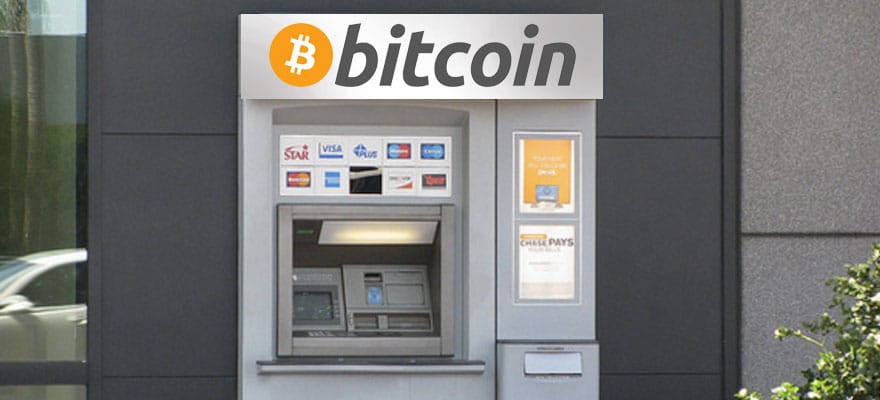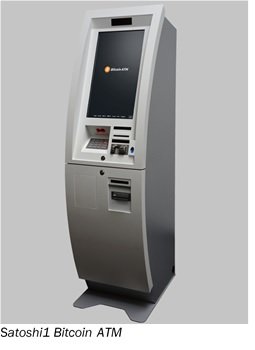How Much Can You Expect To Make Owning A Crypto ATM

The blockchain revolution has created many more ways for regular people to earn additional income. One interesting way to gain some passive income is by owning a crypto ATM business.
The Bitcoin ATM industry is two years old now and you can now get Ethereum, Litecoin and Dash as well. There are two types of crypto ATMs: One-Way ATMs only lets you buy crypto with fiat cash but not convert back into fiat, while Two-Way ATMs let you do both.
A survey was sent to 24 bitcoin operators to get a sense of their P&L and the state of bitcoin ATMs in the United States. Here are the results.
Crypto ATM By The Numbers
- Crypto ATMs Worldwide: 2,300
- Crypto ATMs in the U.S.: 1,300
- Most Common Suppliers: Genesis Coin (Satoshi1 One-Way and Satoshi2 Two-Way), Lamassu, General Bytes
- Cost of Average Crypto ATM (One-Way): $4,000 - $7,000
- Cost of Average Crypto ATM (Two-Ways): $7,000 - $10,000+
- Average Monthly Volume: $20,000 - 30,000 (can be reached 4-5 months after installation)
- Average Transaction Fee: 6%

This gives you an average gross profit of $2K per location. Note that the range on volume and profitability range widely across the spectrum: On the low end, there are operators who see turnover of $20K per year (translating into $100 in gross profit per month), while some operators report volume as high as $10K per day (resulting in $18K in monthly gross profit).
Just about the most underestimated expense item in the business appears to be the legal and compliance costs. These costs can range from $5K upfront for small under-the-radar operators to as high as $100K+ a year for big companies who employ their own compliance officers.
Laws surrounding crypto ATMs vary widely across countries, with European regulations more lax than those in the United States. For instance, in Germany, bitcoin ATM operators are essentially treated the same as regular banks from a licensing perspective. In the United States, all bitcoin ATM operators have to register with FinCEN for starters and operators need to develop a document on KYC/AML compliance policy. Then operators also have to check with state-level regulations. Larger professional operators who run several machines usually employ a dedicated compliance officer.
Just in case you've never used one:
How Crypto ATMs Work
As always, upvote if you liked this post!
Coins mentioned in post:
Congratulations @schase! You received a personal award!
Click here to view your Board
Congratulations @schase! You received a personal award!
You can view your badges on your Steem Board and compare to others on the Steem Ranking
Vote for @Steemitboard as a witness to get one more award and increased upvotes!